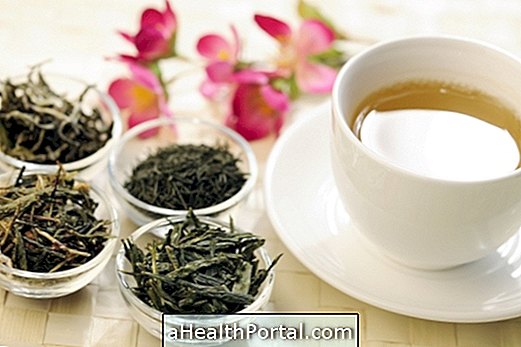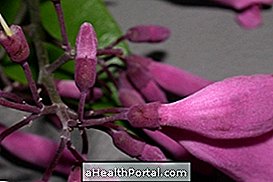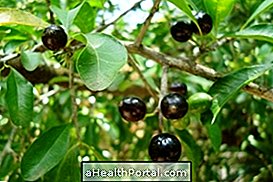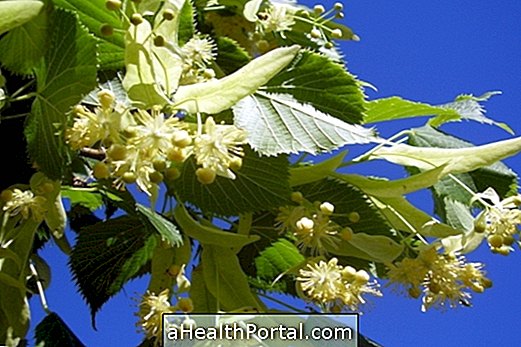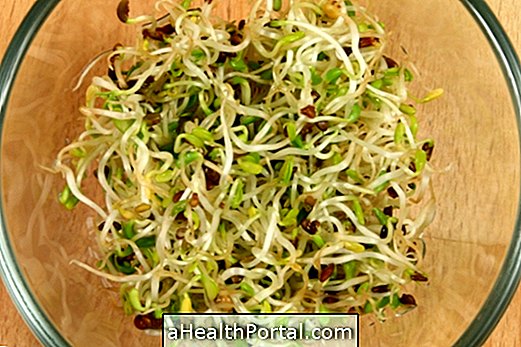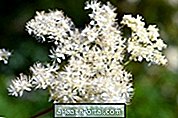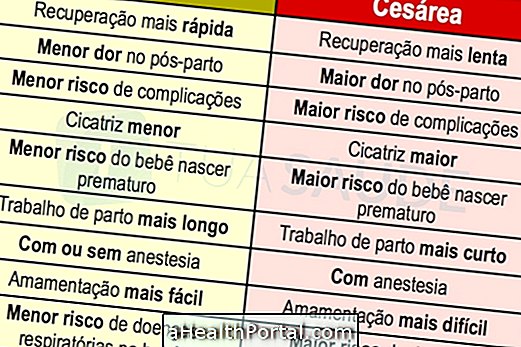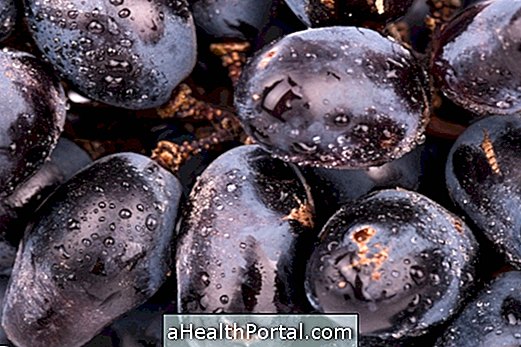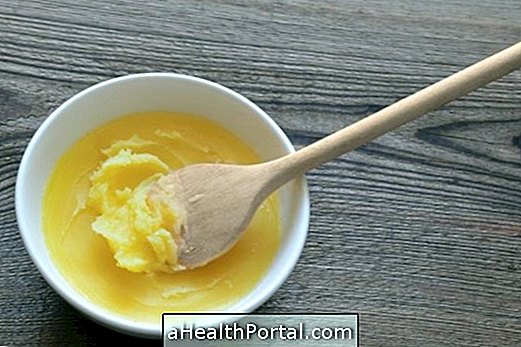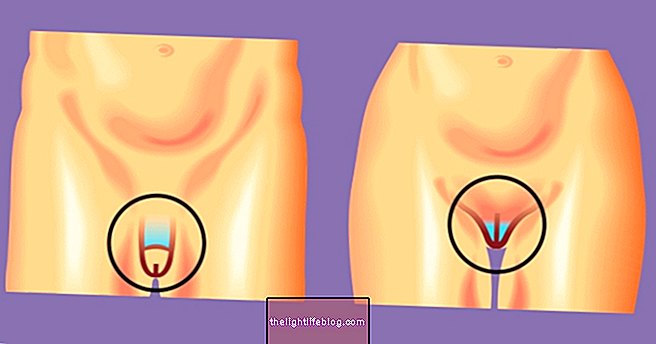Quinine is a natural substance taken from the bark of a medicinal plant called Cinchona calisaya, also known by several names like quina, quina-amarela, quineira, red chichona, Peruvian bark and bark of the Jesuits.
The trees of this medicinal plant originate from forests of South America, and its most used parts are its leaves and the barks of the root, the branches and the trunk, mainly, to make teas with diverse properties like febrífugas, antimaláricas, digestive and healing.
Quinine is the active compound of quinine, a drug used to treat malaria; however, only use of the plant, beverages or supplements containing quinine is not recommended as a remedy for this disease, but only as a way of supplementing treatment. Learn more about the remedy for malaria: Quinine.
In addition, small amounts of quinine are also found in tonic water sold in snack bars and bakeries, but have no therapeutic effects, being only an ingredient to contribute to the taste of tonic water.
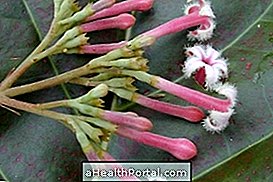

What is it for
Quinine and the medicinal properties of the Quina plant are useful for;
- Improve digestion;
- Help to detoxify the liver and body;
- Have antiseptic and anti-inflammatory action;
- Assist in the treatment of malaria;
- Fight fever;
- Reduce pain in the body;
- Combat hair loss and dandruff.
The main use of quinine is to combat malaria, however, it should be remembered that medicinal plants should not be used to fight infection in this case unless recommended by the doctor. In addition, only the drug purchased from the pharmacy will provide the appropriate dose to fight the infection.
How to use
The leaves and barks of the medicinal plant of Quina are used, mainly, in the form of tea. To prepare the tea of Quina one must be mixed 1 liter of water and 2 spoons of the bark of the plant, and to boil for 10 minutes. Then let rest for 10 minutes and drink a maximum of 2 to 3 cups a day.
In addition, the quinine present in the Quina plant can be found in the form of capsules, however, it is important to note that this medicinal product should only be used after medical release, since there are contraindications and to avoid the emergence of side effects.
Who should not use
Quinine is contraindicated for pregnant women, children, as well as patients with depression, blood clotting problems, or liver disease.
In addition, the use of Quinine should be evaluated when the patient uses other medicines, such as Cisapride, Heparin, Rifamycin or Carbamazapine.
Possible side effects
Side effects of quinine include increased heart rate, nausea, confusion, blurred vision, dizziness, bleeding, and liver problems.
